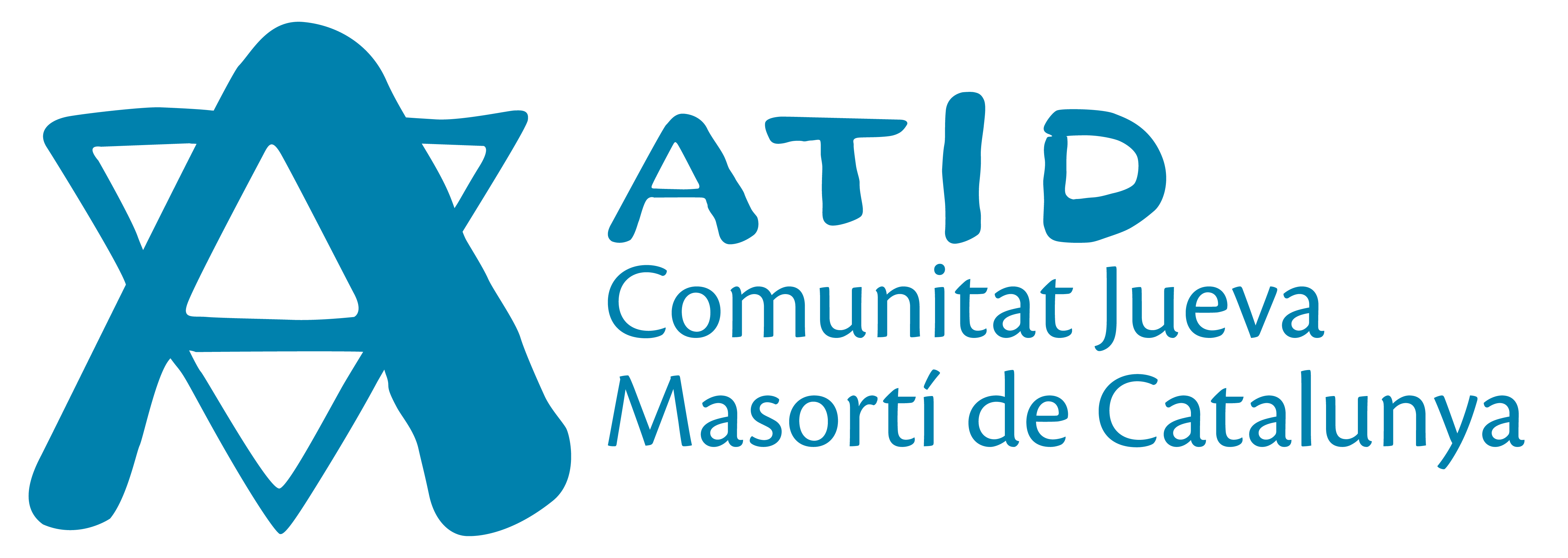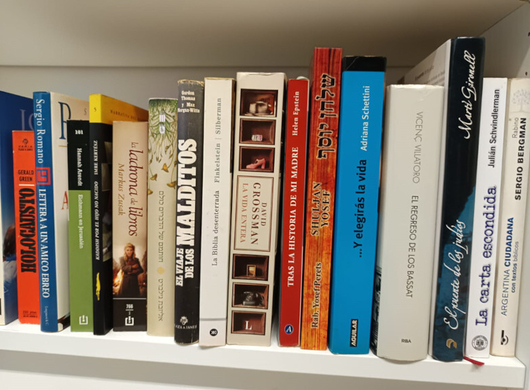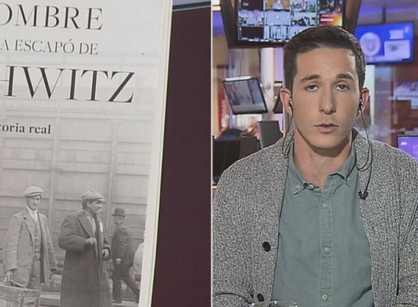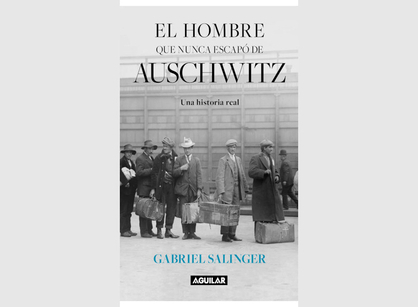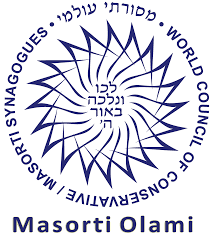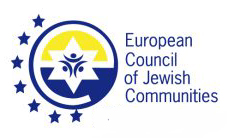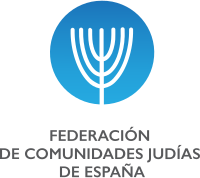The Zelmenians, Moyshe Kulbak
(Editorial Xordica, 2016)
Translation RHODA HENELDE AND JACOB ABECASÍS
The novel narrates the daily lives of Reb Zélmele's descendants – sons, grandchildren, daughters-in-law, sons-in-law and other relatives – who live around the same patio. The family is described in at all times as if it were a unique species, with its features and even its own smell. characteristic (“a kind of soft aroma of long-stored hay, mixed with something more") that makes it inimitable. From the first pages, the reader realizes that black humor will not be lacking throughout history, since in the description of the character of young Tsalke, son of Uncle Yuda, it is mentioned almost in passing that “he had a peculiarity "Moreover: from time to time he tried to commit suicide, but we don't worry about that now." Within this humorous tone that sometimes works as a mechanism to deal with the harshness of a life where two systems – the traditions of the Jewish elders and the ideas of the Bolshevik revolution adopted by the young “rascals” – seem irreconcilable, in Sometimes we witness a brutality of a quixotic tone between parents and children, for example in the childhood story of Uncle Foile, whipped by his father after bringing horse carrion to house.
To illustrate the tension between different generations and the resistance to abandoning a style of life that could seem outdated in the face of the fascination exerted by the New Order – a theme quite present in Yiddish literature, and also in that of Jewish authors Americans like Cynthia Ozick–Kulbak wisely chooses to use as a metaphor the arrival of technology into the lives of Zelmenians. Some of these new features serve as conflict triggers: installing electricity in the yard will show the more elderly reticent about the invention and the young people fascinated by it, and the projection of a movie, a symbolic event attended by the inhabitants of the patio, will also generate disputes between them.
The fact that both this seemingly harmless book and other Moyshe texts Kulbak were considered dangerous by the Stalinist regime led to the arrest and subsequent execution of its author in 1937 for his condition as a writer “uncomfortable” for discourse dominant. Los Zelmenianos has thus been literally resurrected for Spanish readers. from the Yiddish original, initially serialized in Shtern magazine and, shortly later, as a book in two volumes.
Marta Castillon

